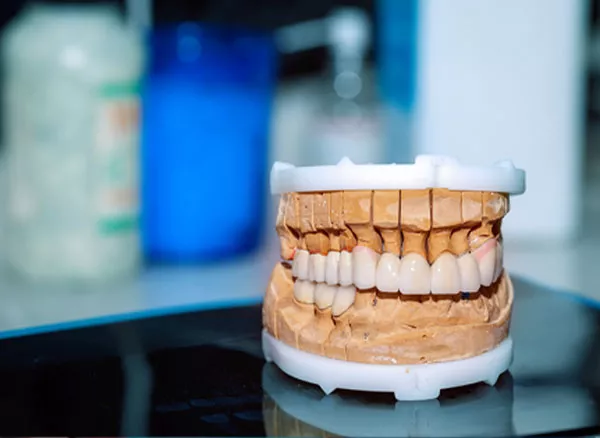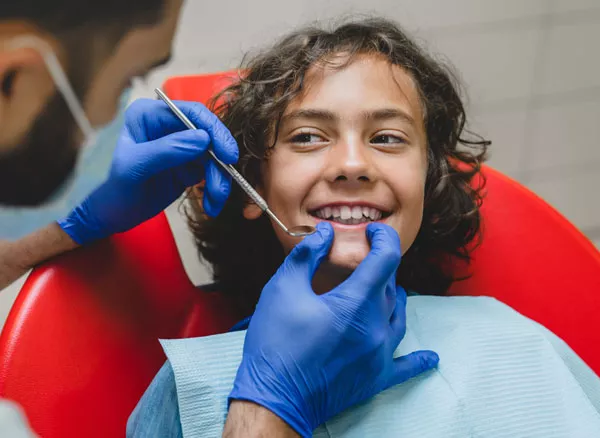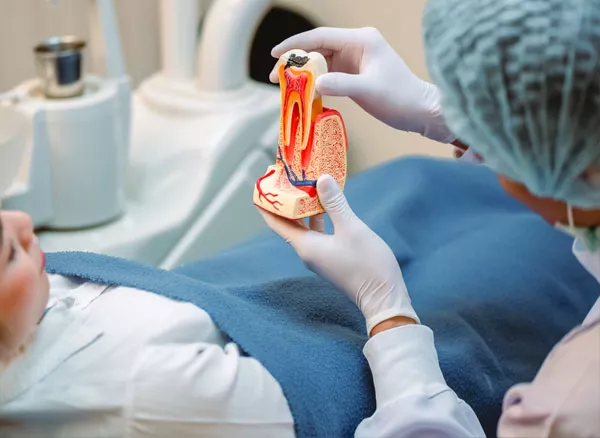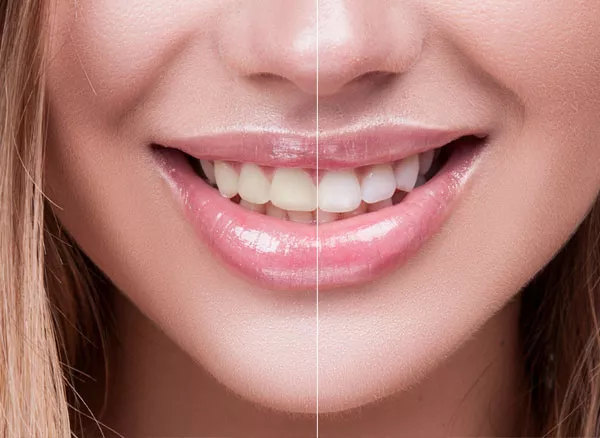What is Bad Breath (Halitosis)?
Bad breath is a common problem faced by many people. Halitosis, often defined as a bad breath odor, can be caused by various factors occurring in the mouth and throat area. This disorder can affect social relationships and reduce self-confidence. However, it is a treatable condition and can be controlled by taking appropriate precautions.

Why does bad breath occur, causes?
Sometimes, bad breath may occur when personal care is not performed adequately, and sometimes due to organic reasons. The most basic factors among the causes of bad breath, which can develop due to many situations, are as follows:
Oral Hygiene: Inadequate oral hygiene can cause bacterial accumulation in the mouth. Bacteria break down food residues and release foul-smelling gases such as sulfur compounds.
Tooth and Gum Problems: Oral health problems such as tooth decay, gum diseases and gum infections can cause odor. In this case, the main problem that needs to be treated should be determined first and it is important to eliminate the problem with appropriate planning.
Dryness: When there is not enough saliva production in the mouth, it is easier for bacteria to grow and may cause bad breath. Dry mouth may be caused by underactivity of the salivary glands, side effects of some medications, or other factors that affect saliva secretion. With a comprehensive clinical examination, the source of the problem is understood and an appropriate treatment is started.
Dietary Habits: Some foods, especially foods containing sulfur compounds such as onion or garlic, can cause intense bad breath. Your breath may smell bad because these types of foods break down in the digestive system and pass into the bloodstream. It is usually a temporary condition and does not require special treatment.
Smoking and Consuming Alcohol: Smoking and consuming alcohol can cause bad breath. The smell of these substances passes into the breath and has a long-lasting effect. Getting rid of bad habits is the first and most important step of treatment.
Bad Breath Treatment
There are many different methods for the treatment of bad breath. The patient is first examined comprehensively and the existing problems are detected. As a result of the control performed by a specialist dentist, the following measures can be applied:
1. Pay Attention to Oral Hygiene: It is important to brush your teeth regularly, use dental floss and clean the tongue surface with a tongue cleaner. This helps prevent bad breath by reducing the accumulation of bacteria in the mouth.
2. Dental Checkups and Treatments: If there is tooth decay, gum disease or other oral health problems, it is important to treat them. If you are having a root canal treatment problem that you are not aware of, these may also be a problem. The dentist can detect and treat these problems by performing regular check-ups.
3. Increasing Saliva Flow: In case of dry mouth, drinking water or chewing sugar-free gum may be beneficial to increase saliva production. Some mouthwashes or sprays that increase saliva flow can also be used.
4. Changing Nutrition Habits: It is important to avoid or consume less foods that cause bad odor. This is especially true for foods containing sulfur compounds.
5. Quitting Smoking and Alcohol Consumption: It is important to stop smoking and consuming alcohol to combat bad breath. It is known that these substances have negative effects on the mouth and breathing.
Is there a definite solution for bad breath?
Bad breath treatment usually gives effective results and can be taken under control. Sometimes it may be a symptom of a serious underlying health problem. In this case, it is recommended that you contact your dentist for further evaluation. Bad breath is a common problem and can be treated. However, since each individual's situation may be different, it is important to consult a specialist to determine the best treatment approach.










